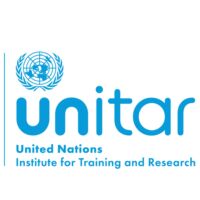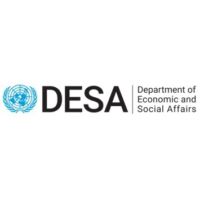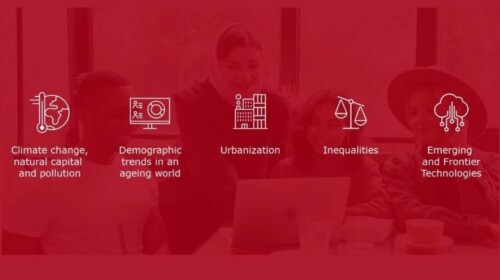This Massive Open Online Course (MOOC) was developed by the Division for Sustainable Development Goals and the Division of Public Institutions and Digital Governance of the United Nations Department of Economic and Social Affairs (UNDESA) and the United Nations Institute for Training and Research (UNITAR). The objective of the self-paced e-learning course is to strengthen the capacity of National Stakeholders to design, adapt and implement integrated and coherent plans and policies and improved decision making among national stakeholders (policy makers, senior planners, civil society, academics and private sector) involved in recovery planning (i.e., Covid-19) and rebuilding towards SDGs implementation.
With its recovery focus and attention to advancing systems thinking and co-creation skills among national stakeholders, this e-learning course on ‘Integrated Recovery Planning and Policy Coherence Towards the SDGs’ serves as timely compliment to the growing suite of e-learning courses on integrated approaches across the UN system, such as the UN Sustainable Development Group’s ‘Primer on the SDGs’ hosted by the UN Staff System College, and its e-course on ‘Integrated Approaches to Mainstreaming, Acceleration and Policy Support for the SDGs’ hosted by UNICEF/UNDP.
The e-learning course builds on UNDESA and UNITAR's partnership throughout 2019 by jointly organizing regional workshops where many participating countries shared case studies and discussed challenges encountered in the formulation and implementation of integrated and coherent policy plans. It also builds on the implementation of UNDESA Development Account project “Implementation of national sustainable development strategies in selected countries in Africa and Latin America” that was implemented in three (3) representative countries in Costa Rica, Egypt and Ethiopia between 2016-2020.
The course consists of five modules:
- Module 1. Introduction to Integrated Recovery Planning and Policy Coherence towards SDGs
- Module 2. Mobilizing Stakeholders to Envision Success
- Module 3. Systems Thinking to Understand Connections and Leverage Points
- Module 4. Back-casting and Scenario Analysis to Identify Strategic Policy Options and Transformative Policy Pathways
- Module 5. Coherent and Adaptive Implementation of Transformative Policy Pathways
Target Audience
The course is open to everyone. However, the main target audience of this self-paced e-learning course is senior policymakers from Planning Ministries, line ministries, civil society organizations, academia, and the private sector.
Learning Objectives
Following the completion of the course, participants will be able to
- Define key building blocks of an integrated recovery planning and policy coherence exercise towards transformational change in the SDGs, with particular emphasis on building back better in the wake of shocks such as the Covid-19 pandemic;
- Map, analyze and engage effectively with key stakeholders in the national priority-setting process;
- Apply elements of systems thinking to assess and map intersectoral interactions, and identify nationally relevant "leverage points" (or "accelerators");
- Apply back-casting and scenario planning approaches to identify strategic policy options for achieving recovery objectives and for identifying robust policies and adaptive actions to ensure resilience to shocks;
- Provide examples of tools and methods used for integrated planning and policy coherence;
- Conduct institutional readiness assessment on institutional policy coherence against SDG requirements.









